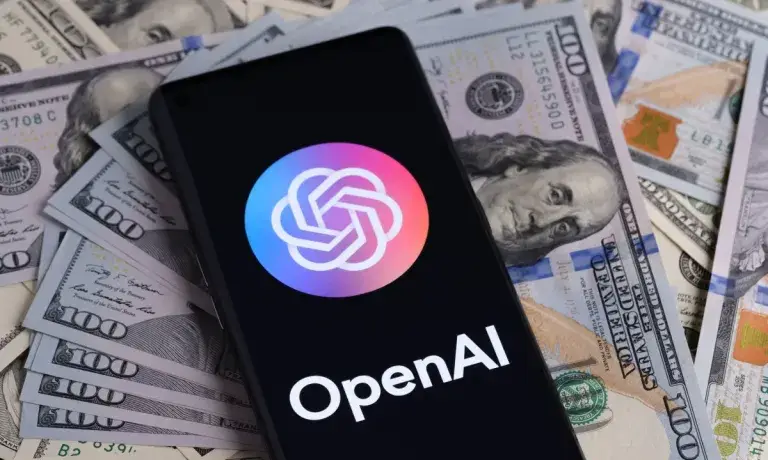OpenAI, the creator of ChatGPT, is reportedly considering transitioning to a for-profit model. This strategic pivot is reshaping the artificial intelligence (AI) landscape, raising questions about the future of AI innovation, market competition and partnerships in the tech world.
The potential shift comes at a crucial time when AI technology is becoming integrated into consumer products and enterprise solutions. OpenAI’s new business approach will likely have significant implications for its relationships with key stakeholders, notably Apple and Microsoft, while also affecting its standing among potential rivals. Industry experts suggest this move could lead to tighter collaborations and deeper integrations with major platforms.
“Already, deep integrations exist in place, while a new spotlight by OpenAI might directly align their capabilities further with these platforms,” John Russo, VP of healthcare solutions at OSP, told PYMNTS. “That would mean tighter collaboration in the expansion of AI applications across their ecosystems.”
However, this alignment may present challenges, especially with companies known for strict privacy policies. Russo points out that Apple “may want strategic changes in the model to fit their strict guidelines.”
Realignment in the Industry
The recent partnership between OpenAI and Apple is particularly noteworthy in light of the shift to a for-profit model.
“Its partnership with Apple, particularly integrating ChatGPT into iOS 18, is a game-changer, giving OpenAI unprecedented access to the consumer market,” Kaveh Vahdat, founder and CEO of RiseAngle, a generative AI game creation company, told PYMNTS.
Meanwhile, Microsoft’s substantial investment in OpenAI positions it to reap significant benefits from this partnership. Vahdat notes, “Microsoft’s deep investment in OpenAI means they stand to gain significantly from this partnership, positioning themselves as key beneficiaries of the AI boom.”
Balancing Act
One of the most intriguing aspects of OpenAI’s new for-profit status is its potential impact on equity ties with rivals like Google, Meta and Amazon.
Russo characterizes this as “the most delicate balancing act,” saying, “On the one hand, this could provide OpenAI with special access to resources, infrastructure, or talent that could move things faster for its innovation. It also brings a very real potential for conflict of interest, especially with how deeply invested these companies are in their own AI projects.”
The move to a for-profit model may also intensify regulatory scrutiny. Vahdat said, “As regulatory scrutiny ramps up, particularly with inquiries from the FTC, the balance between cooperation and competition is delicate.”
However, not all experts anticipate immediate conflicts. Yashin Manraj, CEO of Pvotal Technologies, offers a different perspective on these equity ties. “Due to AI’s rapid evolution and fear of oversight or new regulations, I believe it is unlikely that Google, Meta or Amazon will create any conflict or restrictions as long as the mutually beneficial relationship continues: OpenAI is still entirely dependent on their data centers, data, and infrastructure.”
